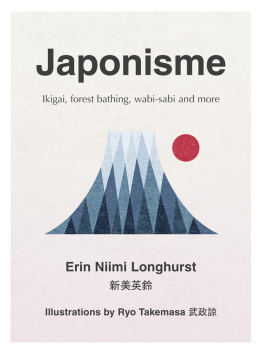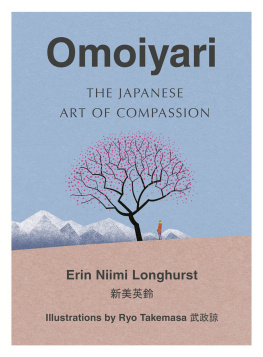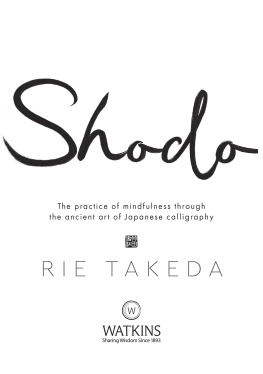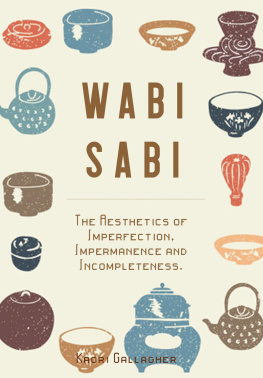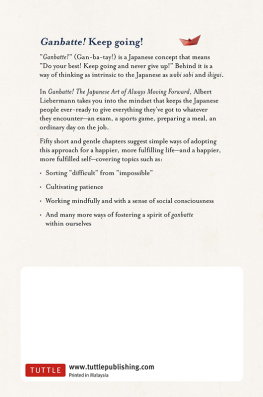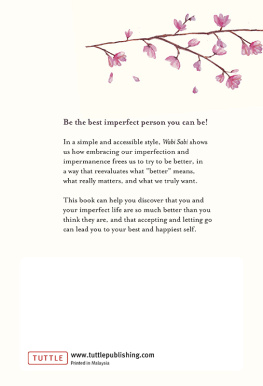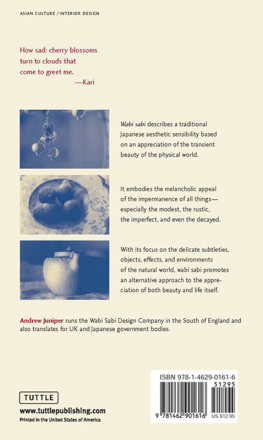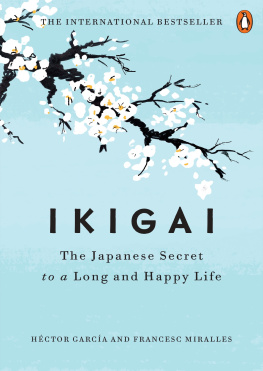
Australia
HarperCollinsPublishers Pty Ltd
Level 13, 201 Elizabeth Street
Sydney, NSW 2000
www.harpercollins.com.au
Canada
HarperCollinsCanada
2 Bloor Street East - 20th Floor
Toronto, ON, M4W, 1A8
www.harpercollins.ca
New Zealand
HarperCollinsPublishers Ltd
P.O. Box 1
Auckland
www.harpercollins.co.nz
United Kingdom
HarperCollinsPublishers Ltd
1 London Bridge Street
London, SE1 9GF
www.harpercollins.co.uk
United States
HarperCollinsPublishers Inc.
195 Broadway
New York, NY 10007
www.harpercollins.com
Erin Niimi Longhurst is a half-Japanese, half-British writer and blogger. She currently works as a social media and digital consultant, helping charities, non-profits and foundations to improve their interactions with those who are important to them, by telling their stories more effectively online. Her blog, Island Bell, focuses on food, travel and lifestyle. She is a graduate of the University of Manchester with a degree in Social Anthropology.
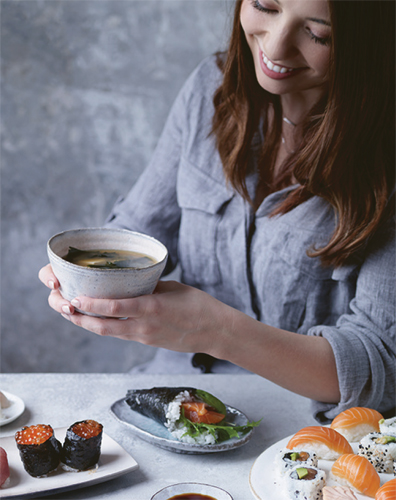
Nassima Rothacker
So many people made this possible, and there is no way I can thank anyone enough for all of the encouragement and support Ive had.
My amazing family, who have had to put up with multiple phone calls at the most awkward hours. My mother, Eriko, my aunts, Taeko and Junko, my grandmother, Motoko and my little sister, Amy.
Id also like to take this opportunity to publicly acknowledge and thank you for making me go to Japanese school instead of the Girl Scouts like I wanted to, Mama. You were, of course, proven totally right.
Dad and Katie, Rosie and Clement, thank you.
My wonderfully supportive friends and colleagues you are all incredible. Im so lucky.
Finally, to everyone at HarperCollins who made this possible, especially Carolyn Thorne, Georgina Atsiaris, Lucy Sykes-Thompson, James Empringham, Jasmine Gordon and Rosie Margesson.
In Japanese, there are three words to describe the heart. The first is shinzou, the physical organ that beats within us all, and keeps us alive. (If a Japanese person tells you that their shinzou hurts, theyre not speaking metaphorically get them to a doctor, pronto.) The second is ha-to, the shape of a love heart the kind that you cant escape until late February, once Valentines Day has passed. The third is kokoro.
Heart, mind and soul are inextricably linked in the word kokoro. The nearest English equivalent might be conscience; its a mentality or a feeling and it describes the emotions and desires inside all of us.
Nurturing your kokoro is where mindfulness begins, and this applies to every aspect of your life. Ive been guilty of prioritising some areas at the expense of others, certainly in my working life. Getting burned out, being terrified of failure, or change, is something that Ive struggled with before. But the most important thing Ive learned on my journey so far is that failure is inevitable. This realisation has been one of the most liberating of all.
In Part One, I share different outlooks, philosophies and ways of thinking. Whether its accepting the imperfect, seeing the beauty in things that are broken or finding your motivation, taking the time to care for yourself in more ways than one (paying attention to mental health, as well as physical) will put things in perspective, help you to find joy and enable you to live a fuller, richer, happier life.
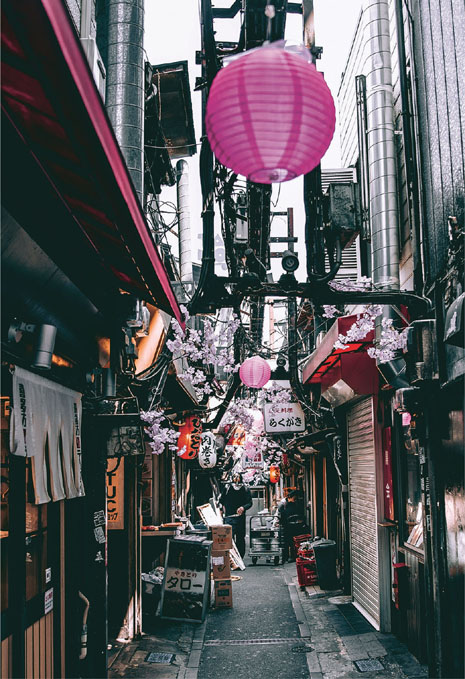
Andre Benz on Unsplash
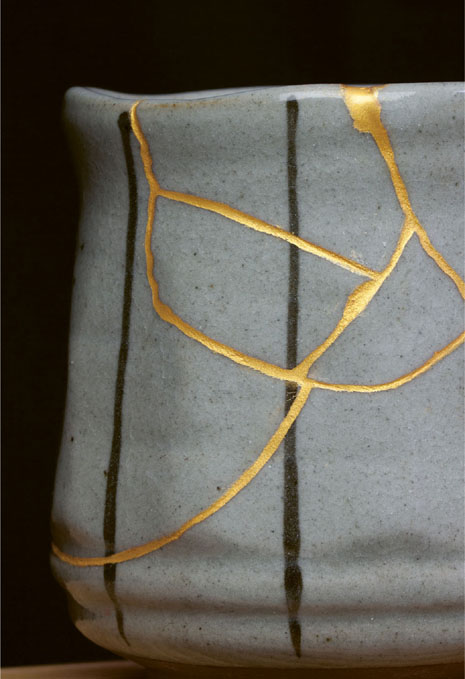
photoBeard/Shutterstock.com
Shortly after my grandfather died, I took my first job out of university in a field I wasnt passionate about. I had moved to London, a city where I didnt know many people, and I lived with a partner who worked so much that they were mostly absent. During this period, I felt lost and adrift.
So I took my camera, and started to document my life in London the food I ate, what I had enjoyed about my day and things that had made me feel happy at a time when I mostly wasnt. It was starting my blog, following what made me feel good and sharing that part of myself that nourished me and helped me grow.
So first, lets take a look at ways to find your ikigai, or purpose the thing that drives you and makes you get out of bed in the morning. Well then look at wabi-sabi accepting the nature of impermanence and transience and embracing the presence of chaos in life before, finally, finding the beauty in the broken, through the art of kintsugi.
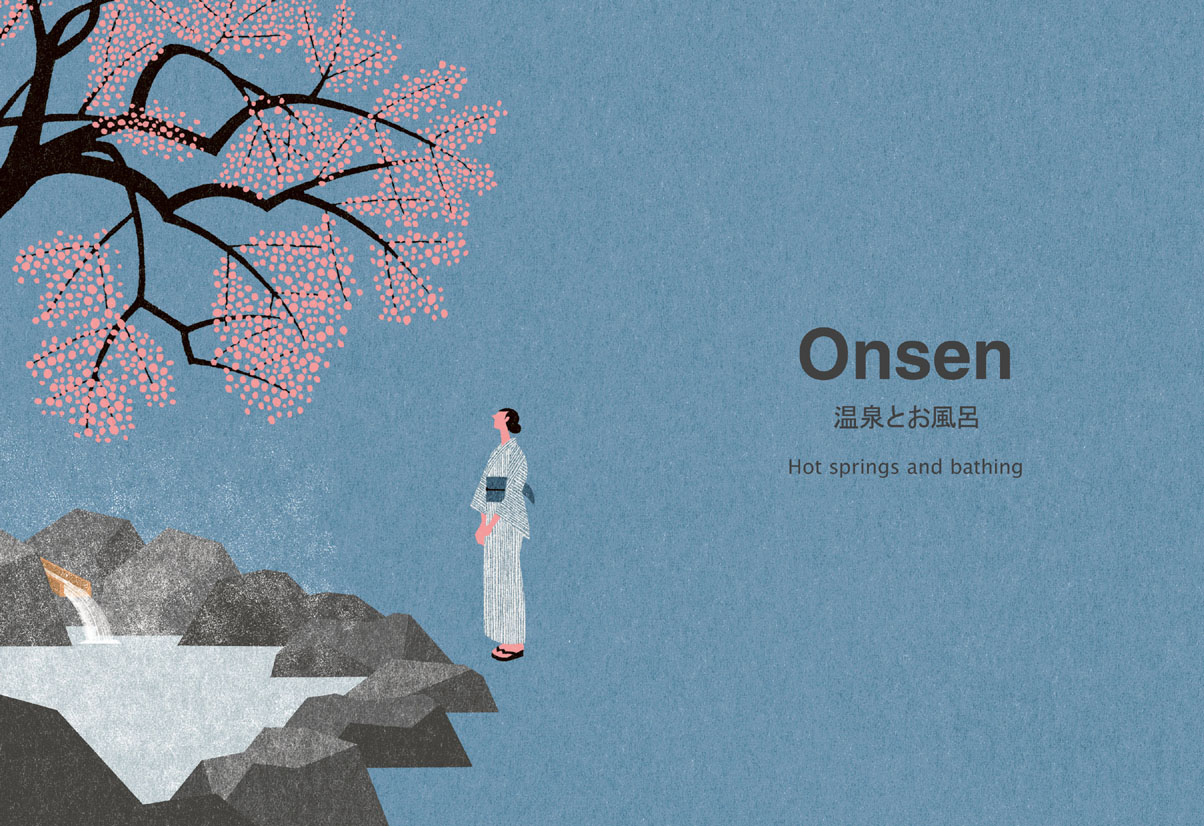
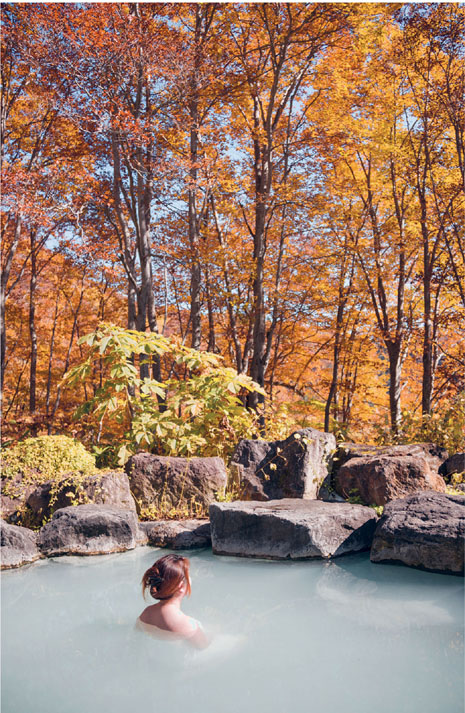
onemu/Shutterstock.com
Some of my favourite memories involve going up to my aunts summer home in Kusatsu, a hot-spring resort, north of Tokyo. The strong smell of sulphur, and the flavour of the famous manju, a sweet bun filled with red bean paste, always remind me of my time there. We would go in the winter, to enjoy the onsen after a day on the slopes, and in the summer months, too, when the heat of the hot springs would make us feel so refreshed, making the sticky summer air feel a little cooler, and the heat just that little bit more manageable.
Unsurprising for such a volcanic country, onsens are dotted all over the place in Japan. There are outdoor and indoor onsens, which are different from public bathhouses (sento), as they are heated naturally through the springs.
A trip to an onsen is very much a communal activity. I usually went with my family, but its not unusual for people to go with their friends or co-workers. While I cant imagine stripping down to my birthday suit with friends or colleagues over here, its really common in Japan, and it tends to bring people closer together. Im not sure whether, for me, this is psychological, inasmuch as its associated with becoming clean, or because Im already exposed physically, but some of the most frank, honest and open discussions Ive ever had with family members have taken place in an onsen environment. Perhaps it has something to do with coming clean in more ways than one?
Onsen Etiquette
Traditionally, both men and women bathed in the same area, but these days that is quite unusual and most onsens are split into separate male and female baths.
Whether youre bathing in an indoor or outdoor bath, the rules are the same youll be expected to strip off completely. Onsen hygiene is taken really seriously. You have to wash off at a bathing station before entering the pool, usually sitting down on a bamboo stool, and using a bamboo bucket to wash your body with soap before entering the communal area. Your hair should be tied up, if its long, and you need to rinse off all the soap suds before you get in, so you dont cloud the water or cause any interactions with the minerals of the spring.
Next page
